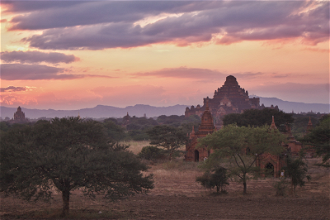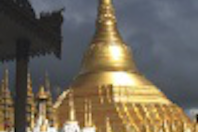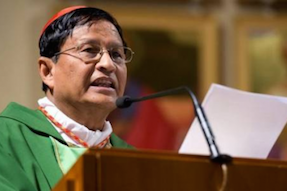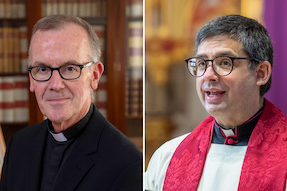Film: The Lady
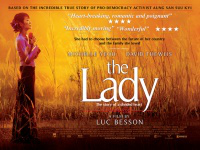
France/UK, Michelle Yeoh, David Thewliss, Directed by Luc Besson.
The Lady is a tribute to Aung San Suu Kyi, one of the most significant public figures of the late twentieth century, early 21st century, a strong woman and political leader.
Some audiences have expressed disappointment because they wanted more political background and analysis. But this is to misunderstand the intentions of the film-makers. It is not a documentary, which is a better vehicle for elaborating the political history of Burma and analyzing the role of Aung San Suu Kyi and her leadership. Nor is the film a biography, although we learn the general outline of her life and her relationship with her husband and children. Rather, the film is a cinema portrait. Any portrait does not offer the whole picture. Rather, a portrait is a selection of the subject's features, an interpretation of the person, their life and work. Every portrait is only partial.
Another objection to the film is that of high-minded critics who declare that French director, Luc Besson, who once made critic-worthy films in the 1980s and 1990s has been responsible in more recent times for many commercial action shows, like The Transporter series with Jason Statham, has no business making the film. They think that he is not worthy to make a film about such an important world figure!
That said, The Lady is a more emotional film portrait of its subject. Michelle Yeoh looks like Aung San Suu Kui and presents her as a woman of dignity and gravitas. It is there in the way she speaks, moves, the small detail of breeding and courtesy, her ability to be at ease with all those she comes in contact with. We see the public demeanour (especially in the re-creation of the famous episode where she confronts the armed soldiers and walks through their ranks - a scene reproduced more spectacularly but no less movingly in John Boorman's Beyond Rangoon). We see the private woman in her role as wife and mother.
The film opens with the assassination of her father and the family moving to England. Her father's political significance is an important aspect for people approaching her in 1988 (just over forty years after his death) to form an opposition political party and lead it.
However, the structure of the film focuses on Michael Aris, the Oxford University lecturer she married, and on her two sons, opening in 1998. David Thewliss brings a strength to Michael Aris's love and loyalty. We learn almost immediately that Michael Aris has been diagnosed with cancer. He has not seen his wife for three years. The film then goes back to 1988 and Aung San Suu kui's decision to go back to Rangoon to be with her dying mother. She has not left since. Most people know of her campaigning during the election at the end of the 80s, the generals disregard of the results, her being placed under house arrest and spending the better part of twenty years in that situation. In the meantime, there were some visits from her family, but Michael was refused a visa in his dying years and he and his wife made an agreement that for the good of Burma, she should stay and not put herself in the position of being unable to return. Her years of house internment were compounded by the personal sacrifice in the love for her husband.
He, meanwhile, put her name forward for the Nobel Peace Prize which she was awarded in 1991.
Oxford contrasts with Burma (the makers using Thai locations for the film), but the film has a strong sense of local colour and a feel for the people and Burmese history. It can be said that the Generals do not come out well, somewhat caricatured, even superstitious as they cling to power and keep surveillance tight on Aung Sang Suu Kyi. But, maybe, that is what this kind of isolated power bunch is like.
The film was completed before the election results of 2011 and the emergence of The Lady on the Burmese and world scene again.



